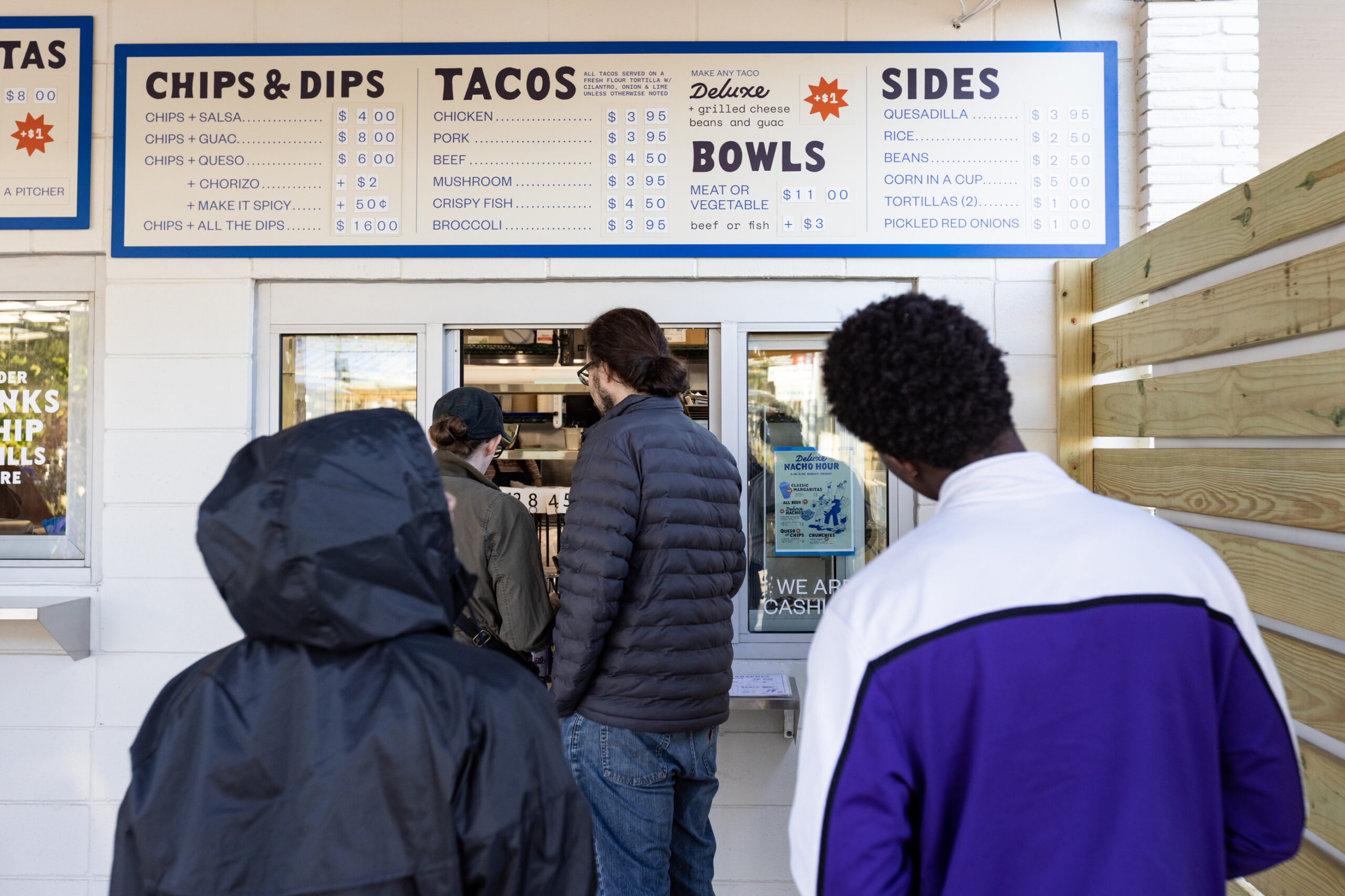
Here’s how real estate and community are shaping the Capital Region’s restaurant scene
Despite the challenges the restaurant industry faces today, there’s still plenty of draw to open an eatery in the Capital City.
“The general tone in Baton Rouge is one of there’s always cool new stuff happening. There’s always great opportunities. There’s always tons of people that are so enthusiastic to embrace a new thing,” says Brett Jones, who opened the Baton Rouge outpost of his New Orleans-born Barracuda Taco Stand on Government Street in late 2022.
But the question then becomes: Where are we going to put them?
|
|
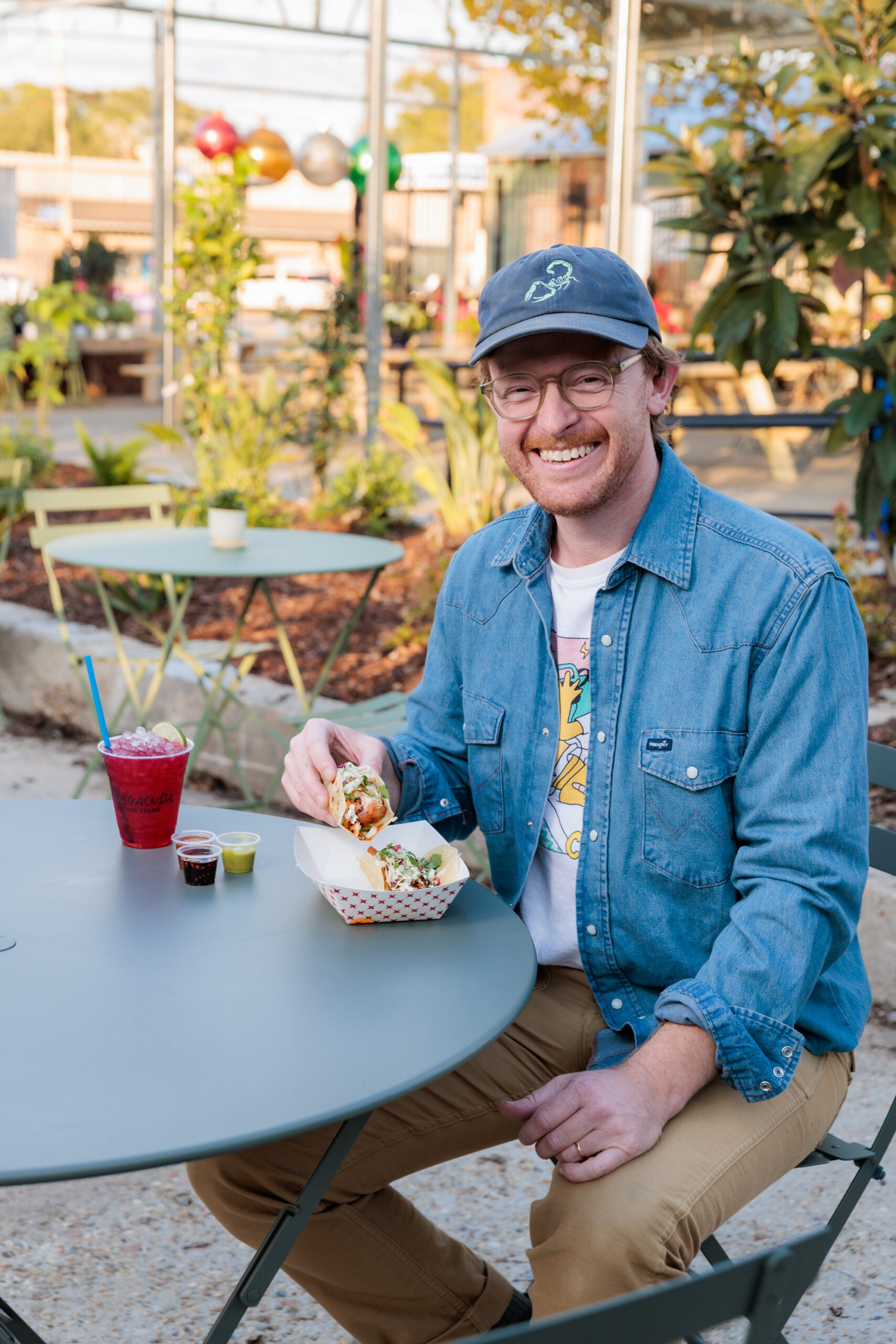
Charlie Colvin, president of Momentum Commercial Real Estate and chairman and speaker of the local Retail Trends Committee, explains that, much like the restaurant industry, the real estate sector has been hit hard by the three I’s: inflation, insurance and interest rates.
As these rates have increased since 2020, new construction projects have slowed to a grinding halt. And as a cost-saving measure, restaurateurs are more prone to look for a “second-generation” space instead of a new build.
“They’re looking for existing space and waiting for spaces to turn over,” Colvin explains.
Operators are also scaling back their footprints, Colvin notes. Gone are the days of the 5,000-square-foot, sit-down restaurant. Instead, Colvin mainly hears from owners looking for about half that.
Barracuda and fellow newcomer Chicky Sandos meet both criteria. Chicky Sandos is now serving its Nashville hot chicken from a former Kolache Kitchen with seating for 12 and a drive-thru off Jefferson Highway. Barracuda operates out of just 700 square feet in an old barbecue joint, and shares an outdoor dining space with neighboring D’s Garden Center.
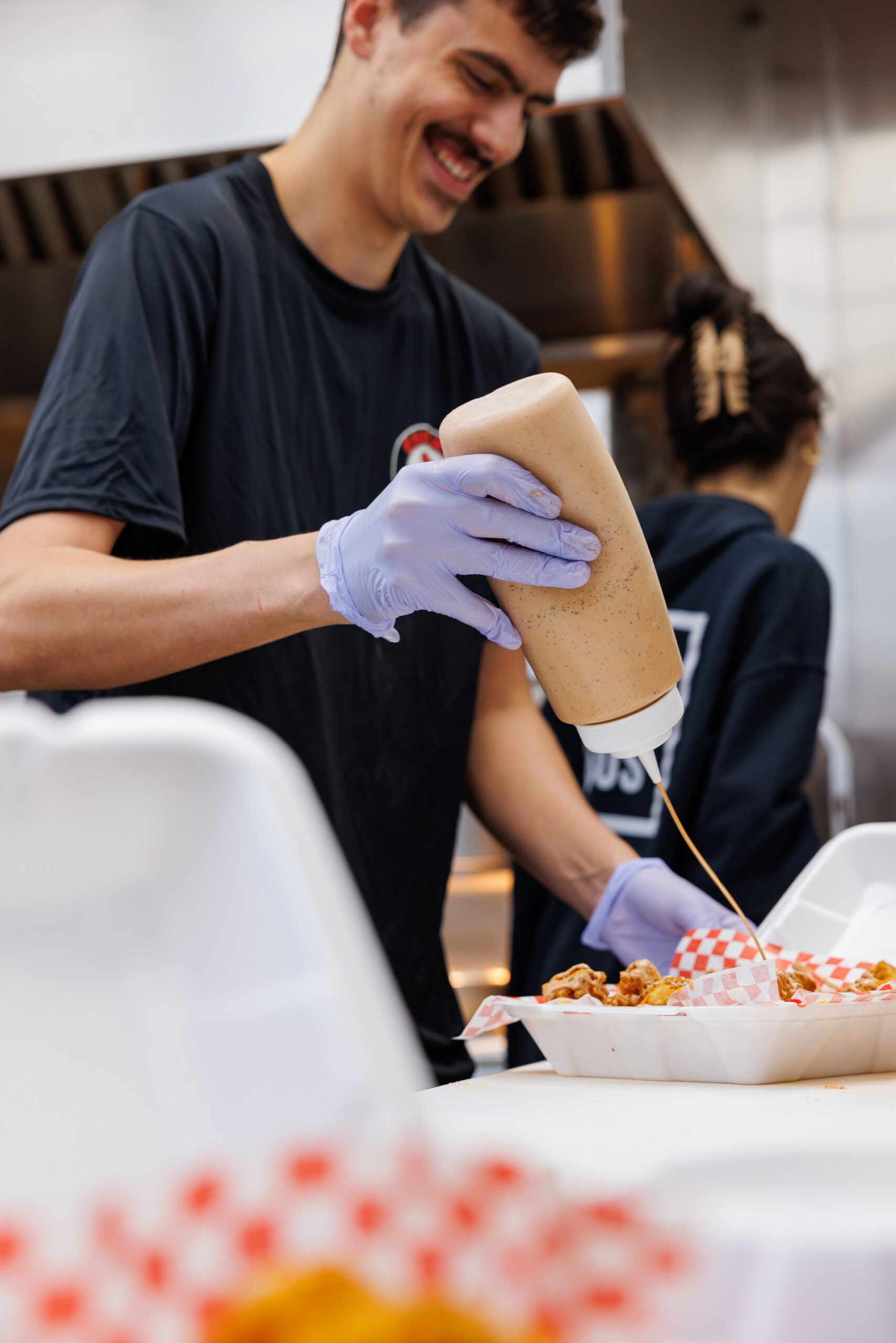
They both say it fits their vibe.
“We didn’t want to have something too big to keep up with,” Chicky Sandos owner Sameer Abudyak told 225 upon opening.
“We don’t take on 3,000-square-foot restaurants,” Jones seconds. “We keep a small footprint, because we want to charge as little as possible. It helps to some extent with staffing costs, because we want to pay as well as we possibly can in a given market. At that point, small space means less steps, means more efficient operating, and that kind of extends into everything we do.”
“At the heart of it, we want to be your neighborhood taco stand,” Jones continues.
Across town, 26-year-old restaurant Mason’s Grill still boasts its fair share of square footage. But it’s just as committed to fostering that same type of community spirit.
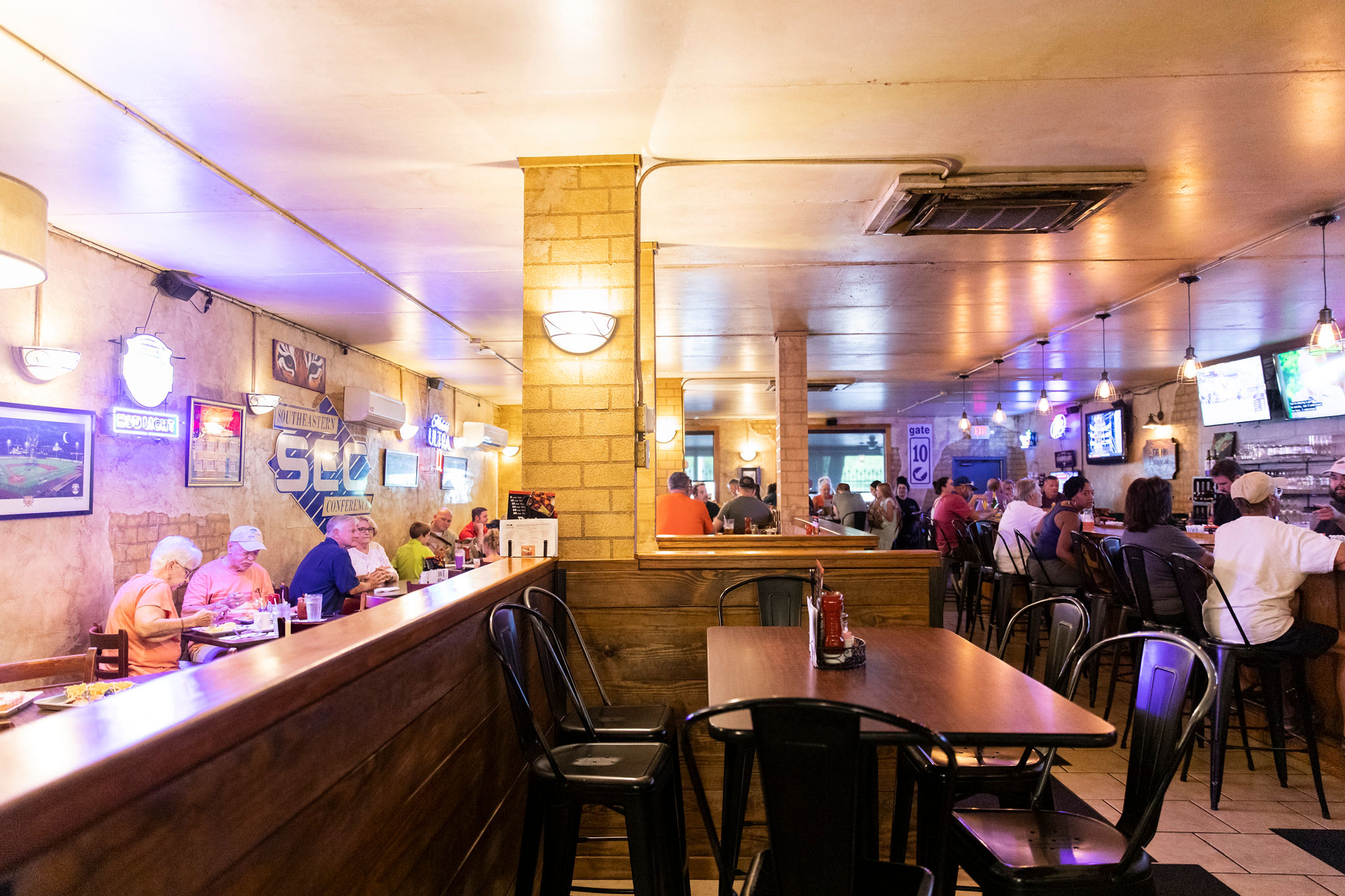
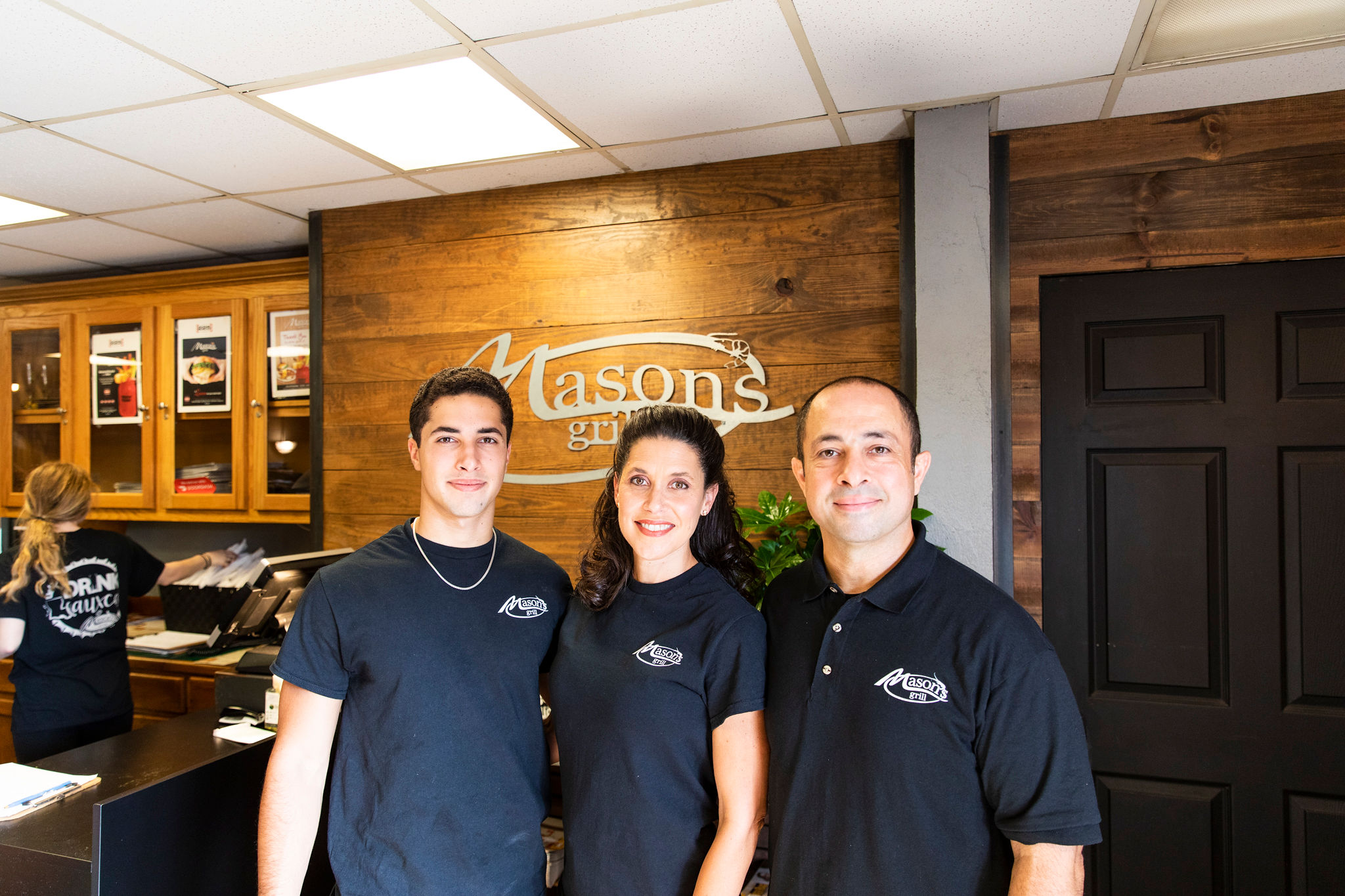
Owner Rober Alamirie says, like many locally owned restaurants, neighborhood support and his restaurant’s location are essential to staying afloat.
“My average guest is here three to five times a week. You come in on Saturday and Sunday, it’s everybody knows your name. It’s truly like Cheers,” he says.
Still, Alamirie is not afraid of change. He’s introduced happy hours and specials to attract a younger, nighttime crowd at the popular brunch and lunch spot. Most notably, he also kicked off an almost $500,000 renovation this spring to give Mason’s a fresh, bright look. He says, in many ways, the upgrades are meant to thank his loyal customers.
“(It’s the) neighborhood, schools and churches—that’s what keeps us alive,” he says. “My local guests are what keeps me here.”
This article was originally published in the July 2024 issue of 225 Magazine.
|
|
|

